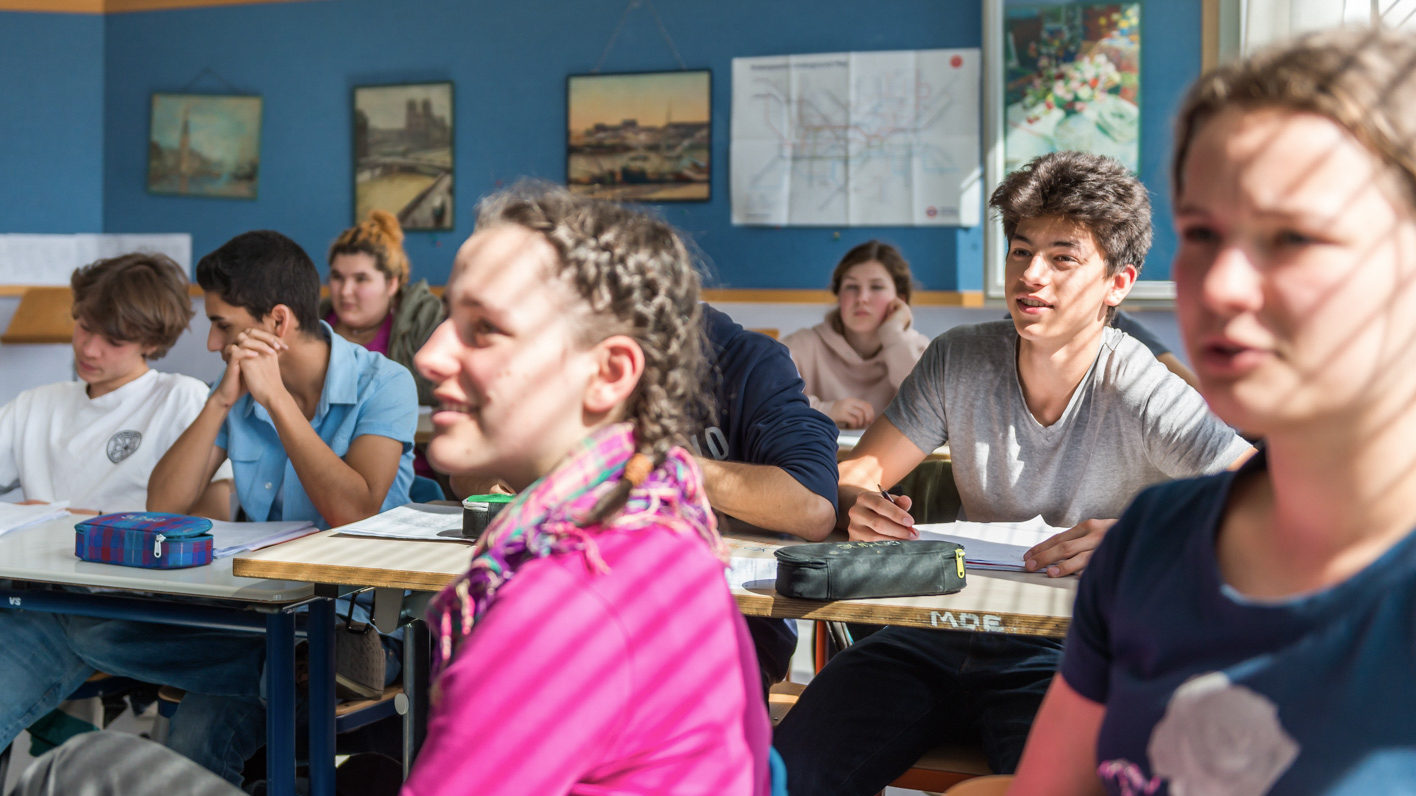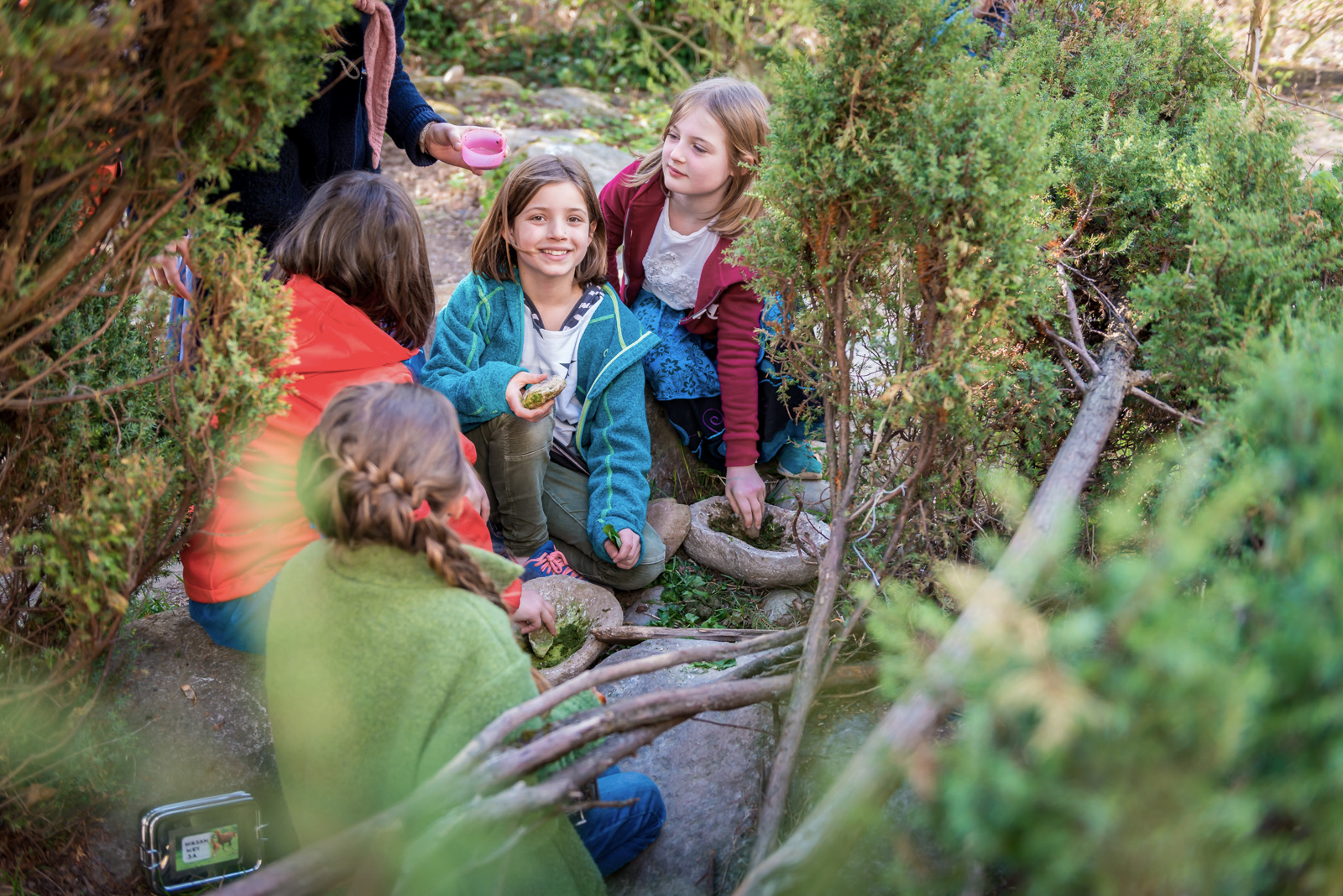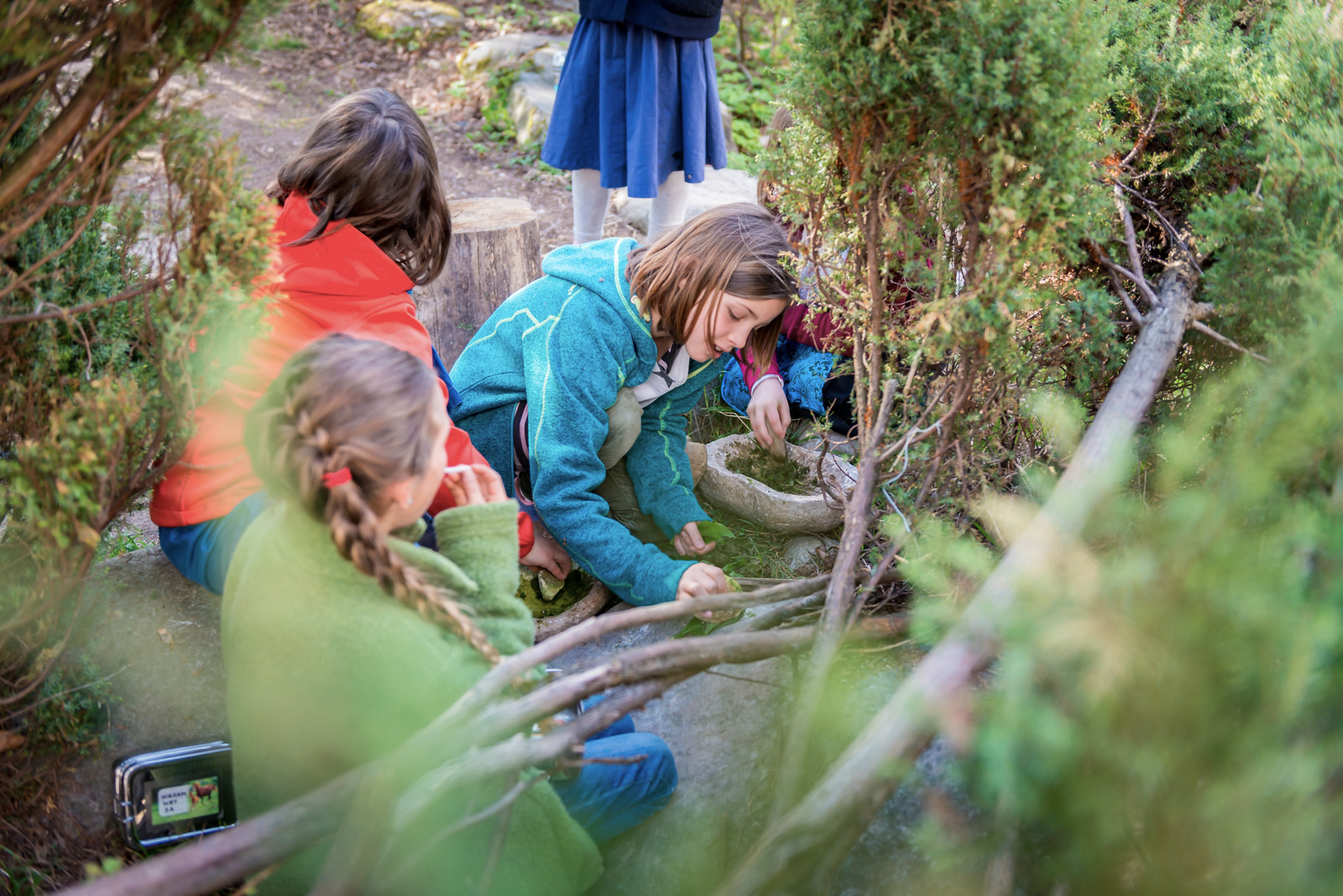Steiner Waldorf education in Europe
Focused on children’s needs



Steiner Waldorf education in Europe
Steiner Waldorf education is inspired by observing and understanding the nature of the growing child. It enables children to holistically unfold their unique potential. This is achieved by integrating pupils’ intellectual, practical, and artistic development, by emphasising the role of imagination in learning, and by providing nourishment for body, soul, and spirit. We welcome all children, irrespective of gender, religion, sexual orientation, or national origin.


An example of Steiner Waldorf schooling
Waldorf curriculum
The Steiner Waldorf curriculum is tailored to the age and the developmental needs of children. While early childhood education emphasises physical activity, sensory stimulation, imitation and free play, primary school learning links to emotions and aims at both developing the imagination and authentic relationships with adults and peers. In upper years, the focus is on conscious learning and the development of independent judgement. Our age-appropriate and development-oriented approach allows children to develop strong personalities.
Core lessons every morning
Every day opens with a two-hour main lesson that is dedicated to the Steiner Waldorf core curriculum. Each subject is taught in block periods of three to four weeks. This allows children to focus and deepen their understanding of subjects such as mathematics, science or history over an extended period of time.
Foreign languages from the start
Foreign language learning is included from the first year of school; initially through learning songs and poems and playing games, and later through grammar lessons and conversations. This allows children to acquire foreign languages in a similar way to how they learn their mother tongue.
Written reports
The report, written at the end of the school year, aims to characterise the pupil’s individual learning experience, level of engagement, and learning achievements, in clear, comprehensive terms. The report also sets tasks for the future. This helps inform parents and pupils on progress being made.
Class teacher support
During the first 6–8 years, each main lesson is taught by a competent class teacher. Employing various teaching techniques, the class teacher integrates a range of artistic activities and resources to engage with different learning styles and encourage the child’s enthusiastic immersion in the subject. Children benefit from continuity in their learning relationships.

How schools are
organised
Collaborative school leadership
Steiner and Waldorf schools aspire to collaborative forms of leadership, with responsibility and accountability defined and shared transparently throughout the organisation. Traditionally, educational and organisational leadership are entrusted to a college of teachers, with varying degrees of parental involvement.
School fees
Steiner Waldorf schools across Europe often charge tuition fees to compensate for missing or inadequate state funding. To ensure inclusiveness, schools may charge income-related tuition fees or give discounts to families in need. Families from all social backgrounds should have access to Waldorf education.
The role of parents
Teachers and parents are jointly responsible for Steiner Waldorf schools. Parents are encouraged to familiarise themselves with the basics of Waldorf teaching. Their commitment and active involvement in school governance helps to create a healthy environment, and sense of mutual ownership in the school.
Non-profit
Steiner Waldorf schools in Europe are mostly independent non-profit schools. Many of them are run as associations. Limiting state interventions and the interference of business interests helps to ensure freedom in teaching and curriculum design.
All educational stages
The holistic Steiner Waldorf educational approach covers all stages of compulsory education, from early childhood through to upper secondary years. This helps to ensure continuity, coherent learning pathways, and smooth transitions between educational stages.




